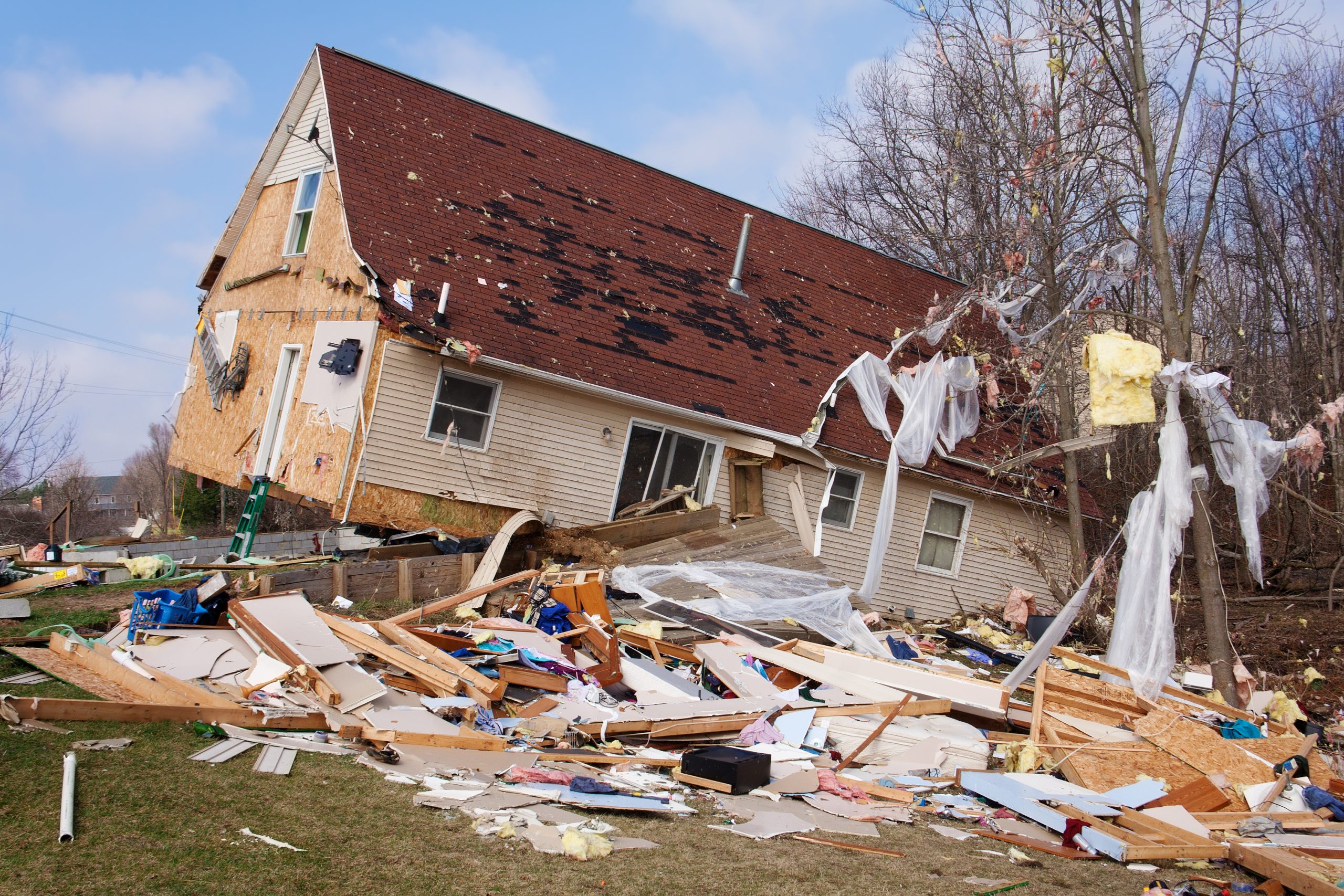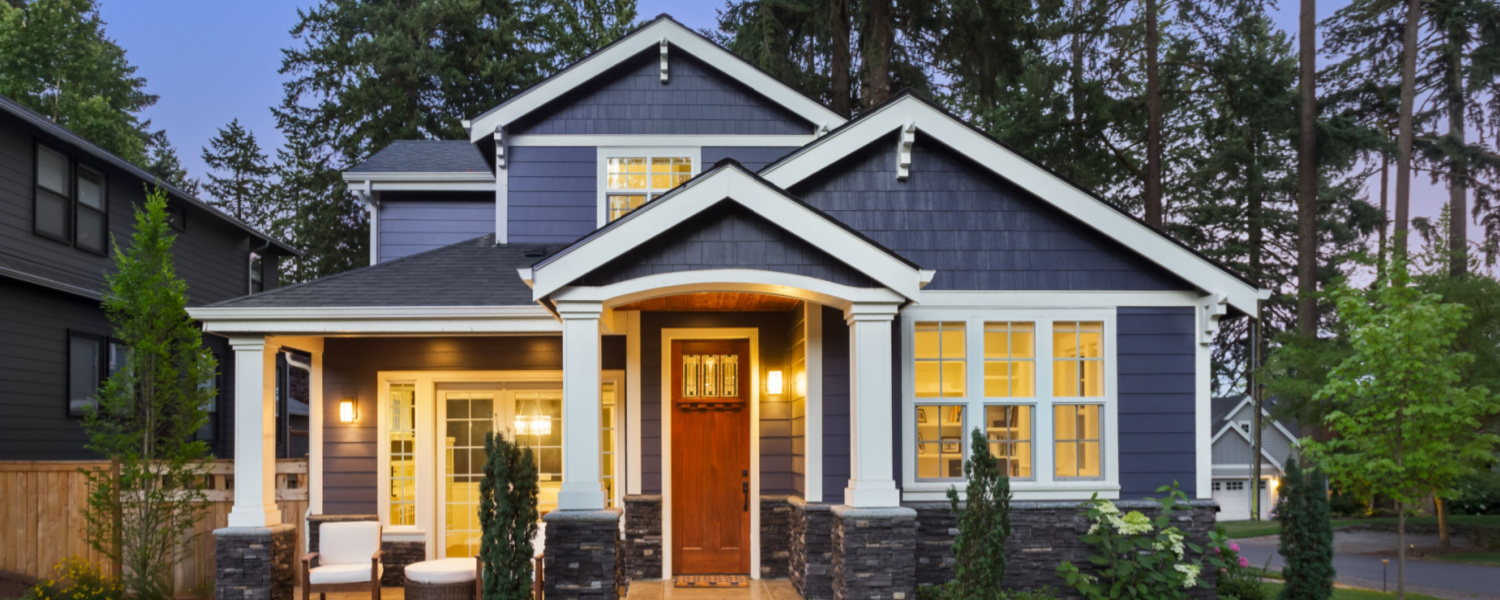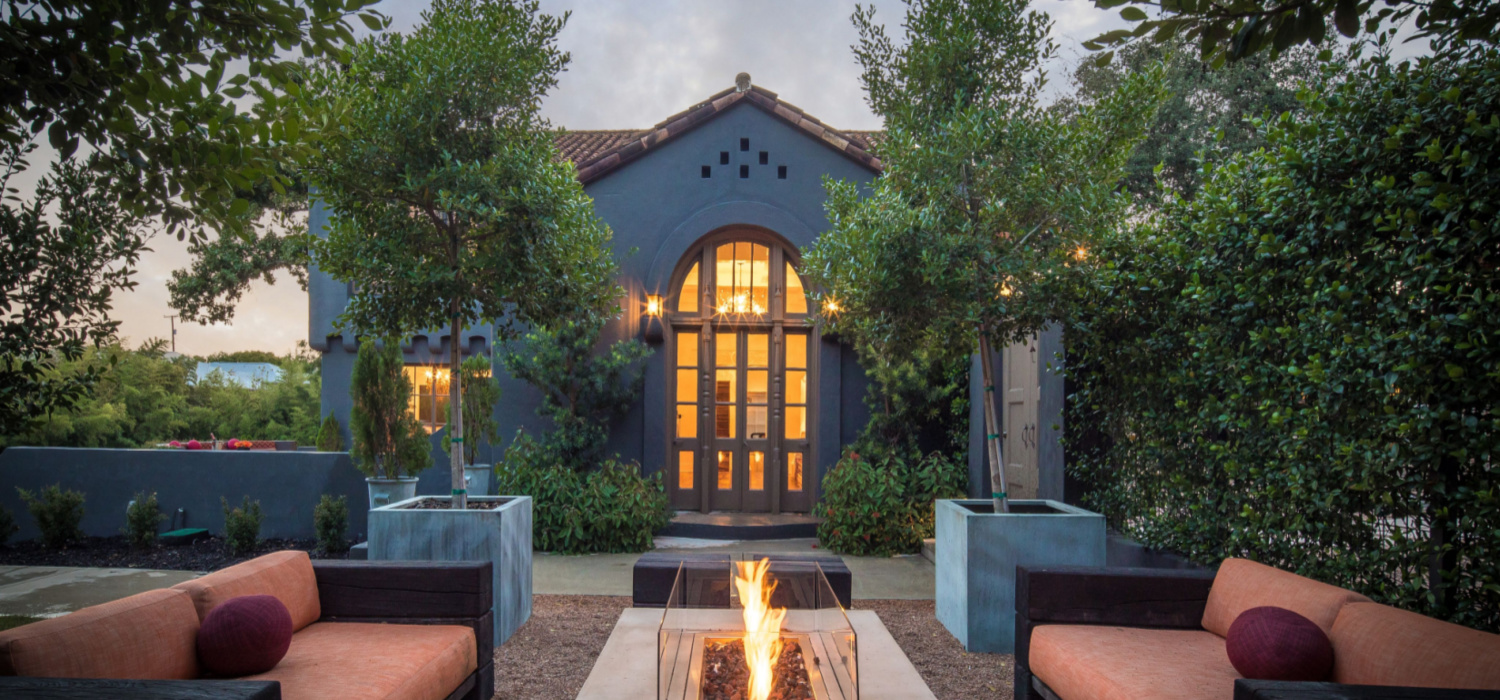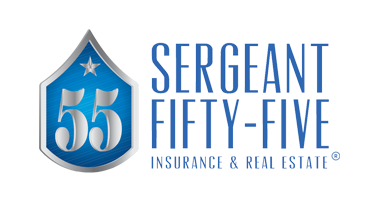
COVERAGE IS THE MOST IMPORTANT ELEMENT IN YOUR INSURANCE POLICY.
RECOMMENDED HOMEOWNERS COVERAGES
Full replacement cost | $185 per SQFT minimum (you may need more)
1% wind and Hail / $500-1% all other perils
Slow Water Seepage
Foundation Coverage
Water Backup
Residence Glass
Equipment Breakdown
In-line Service Protection
HOMEOWNERS INSURANCE
WHAT IS IT?
WHO NEEDS IT?
COVERAGES
What is homeowners insurance?
Owning a house is a major investment, and it’s important to protect the financial investment that’s put into your home. Homeowners insurance can help provide protection if something happens to your Texas house.
Homeowners insurance offers customizable coverage for houses. Most policies include property protection for your house and belongings, plus liability protection for yourself.
GET A QUOTE
Provide us with a few pieces of information and one of our representatives will be in contact with you soon!
What Texas residents need to have home insurance?
Texas residents that own their dwelling generally should have home insurance. This generally includes freestanding houses, condominiums, duplexes, mobile homes and vacation homes.
Homeowners who have an outstanding mortgage or home equity loan are often required to carry minimum dwelling coverage, as a protection for the lender. The lender can likely recoup their losses on the outstanding mortgage if a house is destroyed.
Homeowners who own their house free and clear normally aren’t under a legal obligation to purchase home insurance. A policy is typically still recommended, though, as few residents could afford to replace their house without taking a major financial loss.

What coverages are included within home insurance policies?
Most home insurance policies come with multiple coverages, so they can offer multifaceted protection. Some of the coverages that homeowners frequently get are:
- Dwelling Coverage: May cover the primary house located on an insured property
- Secondary Structures Coverage: May cover other structures on the property
- Personal Property Coverage: May cover belongings on or off the property
- Loss of Use Coverage: May cover lodging expenses if a house is rendered unlivable
- Vacant Property Coverage: May cover a house that’s unused for months
- Personal Liability Coverage: May cover typical liability lawsuits against the policyholder
Vacant property coverage is often needed for vacation homes that are only used part of the year. The coverage might also be needed when purchasing or selling a house that’s not lived in for a while, or when taking an extensive trip.

What options are available for personal property coverage?
Personal property coverage normally protects belongings, such as furniture, clothing, electronics, toys and such. However, how much protection is extended can vary in a few different ways.
First, personal property frequently comes with multiple limits. The main limit usually indicates the maximum amount of coverage for belongings at large. More specific limits can provide reduced coverage for electronics, firearms, jewelry, silverware, collectibles and other high-value items.
Homeowners who have high-value goods like these can work with an insurance agent who specializes in home policies. A knowledgeable agent will know how to structure a policy so that it provides sufficient protection for high-value items.
Second, personal property coverage typically offers either “replacement cost protection” or “actual cash value” protection. Most replacement cost coverage provides reimbursement at the price that it’d cost to replace an item. Actual cash value tends to pay what the item is worth at the time of loss, which takes into account depreciation.
Third, personal property coverage can be “worldwide coverage.” Worldwide coverage normally extends protection for lost items throughout most of the world (excluding sites such as war zones). Without this, only limited protection might be afforded for items that are damaged or lost off of the insured premises.
What types of homeowners policies are available?
Because this insurance is needed for so many different types of residences, insurance companies offer several types of homeowners policies. Many policies are abbreviated according to the type of property that they’re designed to insure:
- HO-1: Usually insures a freestanding house against a limited list of perils
- HO-2: Usually insures a freestanding house against a slightly longer list of perils
- HO-5: Usually insures a freestanding house against perils except those explicitly excluded
- HO-6: Usually insures a condominium against perils according to the policy terms
- HO-7: Usually insures a mobile home against perils according to the policy terms
- HO-8: Usually insures an older freestanding house with additional protections
How can Texas residents get homeowners insurance?
For help insuring a house that’s located in Texas, contact the independent insurance agents of Sergeant Fifty Five. Our agents have worked with many residents to insure properties, and we can help make sure your home is well protected with homeowners insurance too.
GET A FREE QUOTE FROM THE SERGEANT

QUESTIONS?
GET IN TOUCH.
(469) 214-4200
OFFICE HOURS
MON - THUR
9:30am - 4:00pm
FRIDAY
9:30am - Noon
SAT & SUN
Closed


